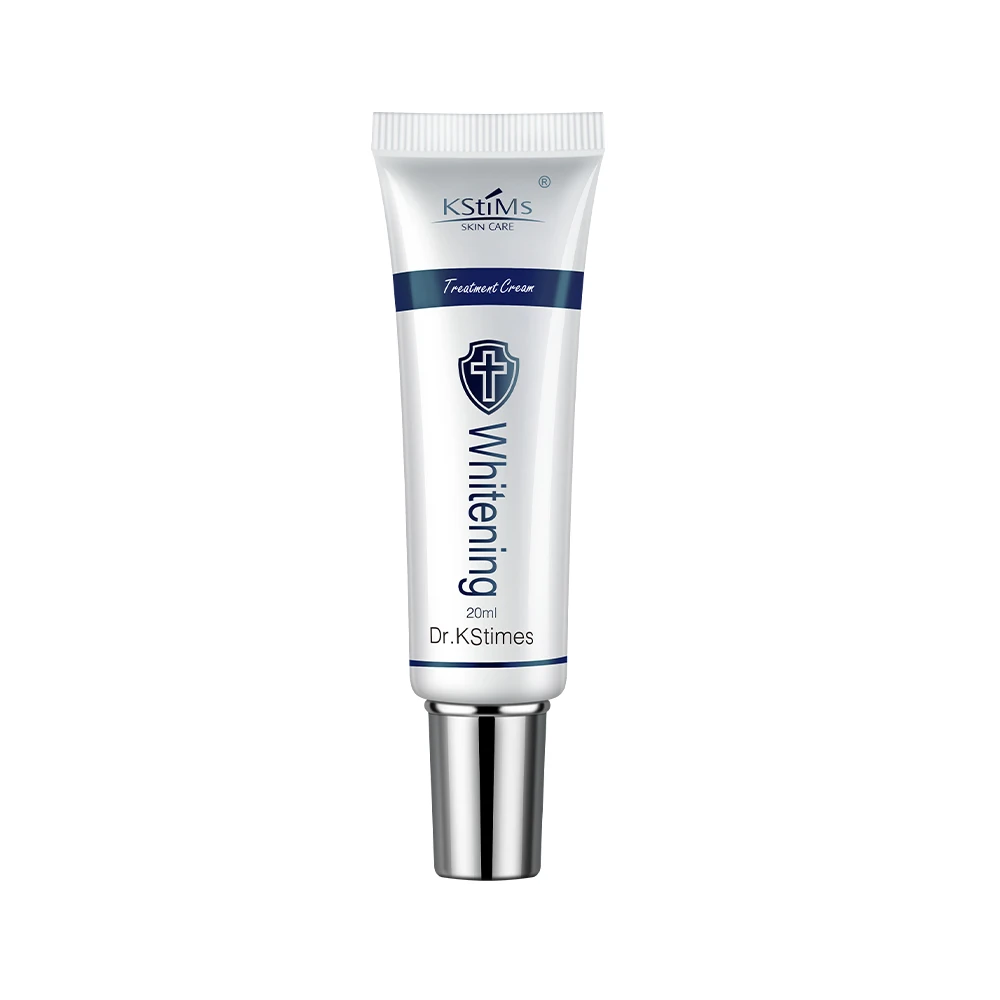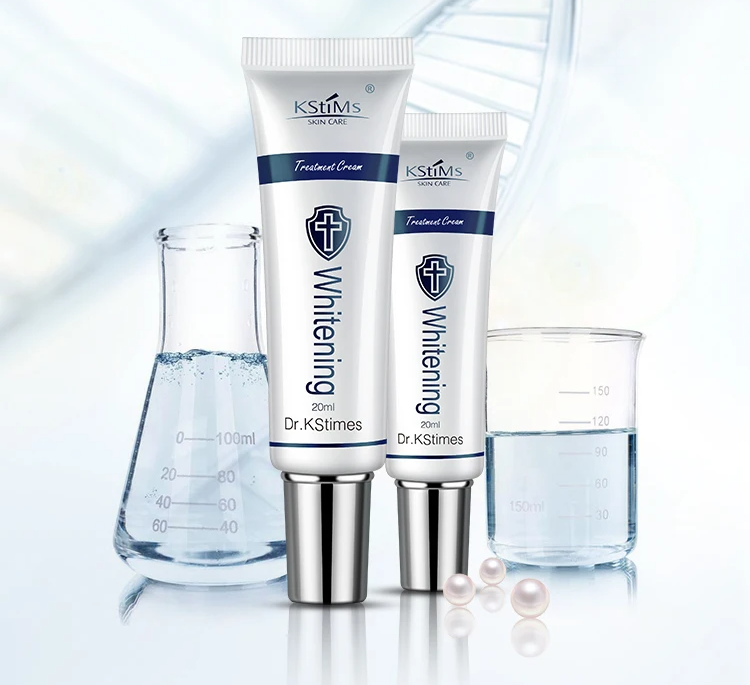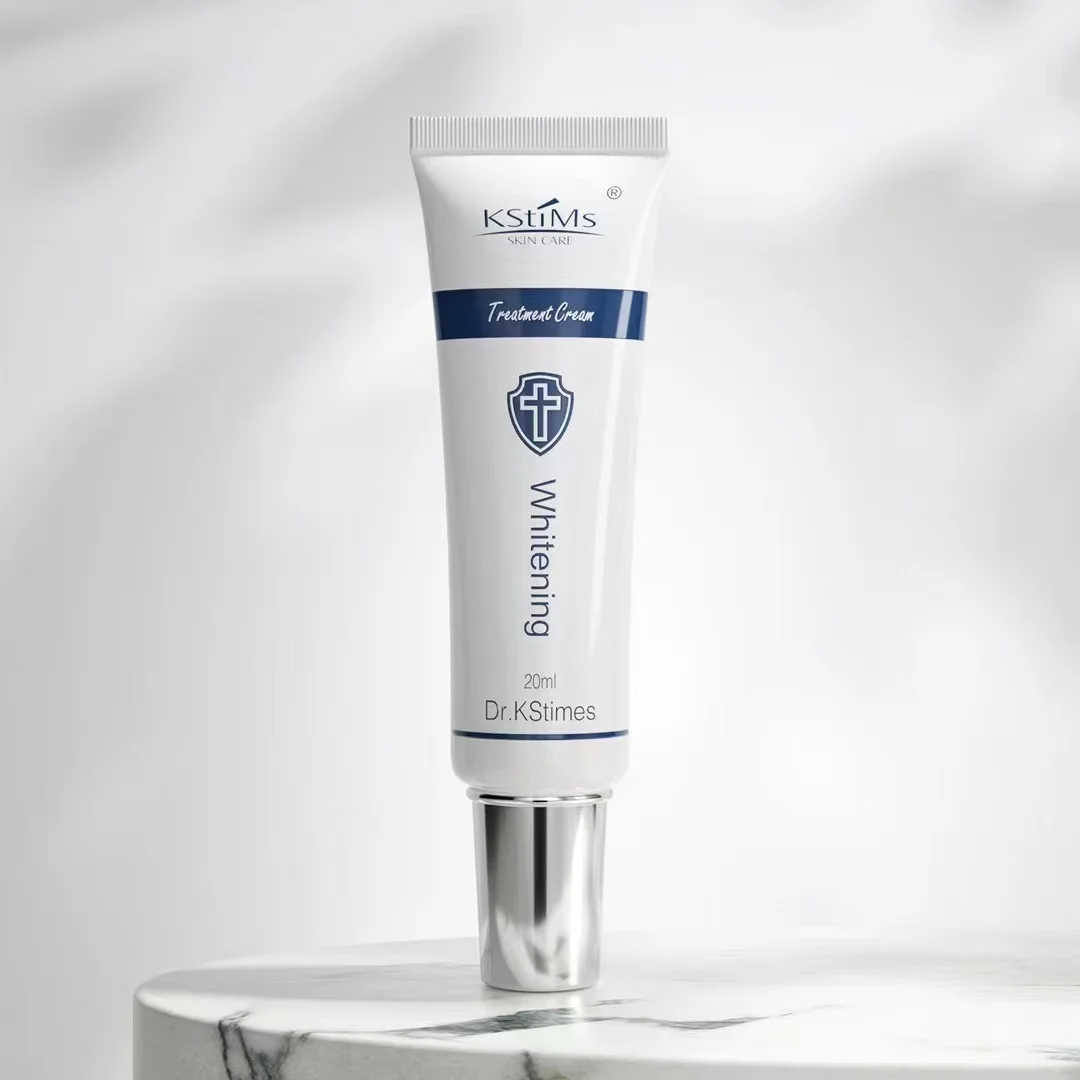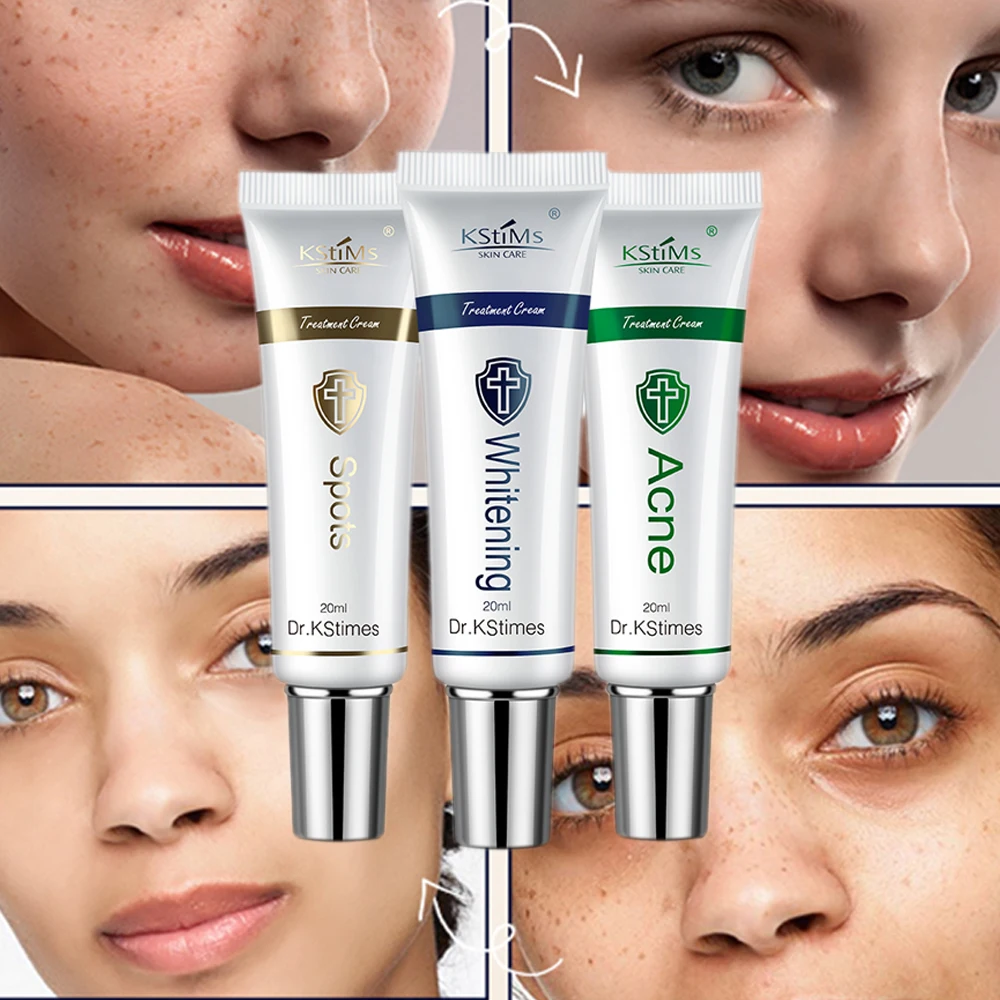Introduction to Face Cream
Face cream is a staple in most skincare routines. Designed to moisturize, nourish, and protect the skin, face creams come in various formulations to suit different skin types and concerns. From combating dryness to fighting signs of aging, these creams play an essential role in achieving healthy, radiant skin. Despite their widespread use, many people do not fully understand how to choose the right face cream or how it benefits their skin. This article delves into the world of face creams, exploring their benefits, types, and how to make informed choices.
What is Face Cream?
Face cream is a topical skincare product designed to improve the texture, tone, and overall health of your facial skin. It usually contains a blend of water, oils, and various active ingredients that hydrate and nourish the skin. These ingredients work in harmony to maintain the skin’s moisture barrier, which is crucial for preventing dryness and irritation. The formulation can be simple or complex, depending on the targeted skin issues. While some face creams focus solely on moisturizing, others include additional benefits like anti-aging or skin brightening properties.
The Importance of Moisturization
Moisturization is the primary function of any face cream. Keeping the skin hydrated is vital for maintaining its suppleness and elasticity. Proper hydration helps to minimize the appearance of fine lines and wrinkles and creates a smoother, more youthful complexion. Dehydrated skin can become flaky, itchy, and more prone to irritation. Therefore, incorporating a good face cream into your daily routine is essential for preventing these issues. Besides hydration, many face creams offer additional benefits, such as UV protection, which adds an extra layer of defense against environmental damage.
Benefits of Using Face Cream
Hydration and Moisture Retention
The most obvious benefit of using face cream is hydration. A well-formulated face cream locks in moisture, helping to keep your skin hydrated throughout the day. This is particularly important for those living in dry climates or who spend a lot of time in air-conditioned environments, both of which can strip the skin of its natural oils. By using face cream regularly, you can help to replenish and retain the skin’s moisture, ensuring it remains soft and pliable.
Protection Against Environmental Damage
Face creams often contain antioxidants and other protective ingredients that shield the skin from environmental stressors such as pollution and UV rays. These harmful factors can lead to premature aging, dullness, and even skin cancer. Ingredients like Vitamin C, Vitamin E, and niacinamide offer antioxidant protection, neutralizing free radicals that can damage skin cells. Sun-protective face creams with SPF can further safeguard against the harmful effects of UV radiation, making them a crucial part of daytime skincare routines.
Anti-Aging Benefits
Many face creams are formulated with anti-aging ingredients like retinoids, hyaluronic acid, and peptides. These components work to reduce the appearance of fine lines, wrinkles, and age spots. Retinoids, for example, increase cell turnover and stimulate collagen production, leading to smoother, firmer skin. Hyaluronic acid attracts and retains moisture, providing a plumping effect that minimizes wrinkles. Peptides signal skin cells to produce more collagen and elastin, offering long-term anti-aging benefits. Using a face cream with these ingredients can significantly improve the skin’s appearance over time.
Types of Face Cream
Moisturizing Creams
Moisturizing creams focus primarily on hydrating the skin. They contain humectants like glycerin and hyaluronic acid that draw moisture into the skin. Emollients like shea butter and oils fill in gaps between skin cells, creating a smooth surface. Occlusives like petrolatum form a barrier to prevent water loss. This combination of ingredients ensures that the skin remains hydrated, soft, and supple. Moisturizing creams are suitable for all skin types but are especially beneficial for dry and dehydrated skin.
Anti-Aging Creams
Anti-aging face creams are designed to address signs of aging such as wrinkles, fine lines, and age spots. They typically contain active ingredients like retinol, peptides, and antioxidants. Retinol promotes cell turnover and collagen production, while peptides boost collagen synthesis. Antioxidants like Vitamin C and E protect against free radical damage. Regular use of anti-aging face cream can lead to firmer, smoother, and more youthful-looking skin. These creams are best suited for mature skin but can be used as preventive measures in younger individuals.
Brightening Creams
Brightening face creams aim to improve skin tone and reduce discoloration. Ingredients like Vitamin C, niacinamide, and licorice extract are commonly used for their skin-brightening properties. Vitamin C inhibits melanin production, reducing dark spots and hyperpigmentation. Niacinamide evens out skin tone and reduces redness. Licorice extract soothes the skin and has a mild brightening effect. Using a brightening face cream can give your skin a radiant, glowing appearance. These creams are ideal for those with uneven skin tone, dark spots, or dull skin.
Choosing the Right Face Cream
Understanding Your Skin Type
Before choosing a face cream, it’s crucial to understand your skin type. Different skin types have different needs, and using the wrong type of face cream can exacerbate existing issues. For example, if you have oily skin, you’ll want a lightweight, non-comedogenic formula that won’t clog your pores. Dry skin requires a richer, more hydrating cream with emollients and occlusives. Combination skin benefits from a balanced formula that hydrates without being too heavy. Knowing your skin type will help you make an informed choice and achieve the best results.
Reading the Ingredients
When selecting a face cream, pay close attention to the ingredients list. Look for active ingredients that address your specific skin concerns. For hydration, seek out humectants like glycerin and hyaluronic acid, emollients like shea butter and oils, and occlusives like petrolatum. For anti-aging benefits, look for retinoids, peptides, and antioxidants. If brightening is your goal, ingredients like Vitamin C, niacinamide, and licorice extract are beneficial. Avoid potential irritants like alcohol, fragrances, and harsh preservatives, especially if you have sensitive skin. Reading the ingredients helps ensure you choose a product that works well for your skin.
Patch Testing
Before fully incorporating a new face cream into your routine, consider doing a patch test. Apply a small amount of the cream to a discreet area of your skin, such as behind your ear or on your inner wrist. Wait 24 hours to see if any irritation or allergic reaction occurs. This step is particularly important for those with sensitive or reactive skin. Patch testing helps to identify potential issues before they affect your entire face, ensuring a safer and more effective skincare experience.
How to Apply Face Cream
Cleanse Your Skin First
Before applying any face cream, start with a clean canvas. Use a gentle cleanser suited to your skin type to remove dirt, oil, and impurities. Cleansing ensures that your face cream can penetrate the skin effectively and deliver its benefits. After cleansing, pat your skin dry with a soft towel. Avoid rubbing your face, as this can cause irritation and dryness. Clean skin absorbs face cream better, making it a crucial first step in your skincare routine.
Apply to Damp Skin
Applying face cream to damp skin enhances its effectiveness. When your skin is slightly damp, it is more permeable, allowing the cream to penetrate deeper and lock in moisture. After cleansing, leave your skin a bit damp and gently massage the face cream into your skin. Use upward, circular motions to promote blood circulation and ensure even distribution. This technique helps to maximize the hydrating and nourishing benefits of your face cream.
Use the Right Amount
Using the right amount of face cream is essential for optimal results. A pea-sized amount is usually sufficient for your entire face. Applying too much can clog pores and lead to breakouts, while using too little may not provide adequate hydration and nourishment. Start with a small amount and add more if needed. Spread the cream evenly across your face, focusing on areas that need extra attention, such as dry patches or fine lines. Using the right amount ensures your skin receives the benefits without any adverse effects.
Common Myths About Face Cream
Face Cream Makes You Age Faster
One common myth is that using face cream can accelerate aging. This misconception likely stems from cases where people used inappropriate products for their skin type, leading to breakouts or irritation. In reality, a well-formulated face cream with the right active ingredients can help slow down the aging process. By keeping your skin hydrated, protecting it from environmental damage, and providing essential nutrients, face cream can contribute to a more youthful appearance. It’s crucial to choose a product tailored to your skin’s needs to achieve the best results.
All Face Creams are the Same
Another myth is that all face creams are the same, so there’s no need to invest in high-quality products. This is far from the truth. The formulation and quality of ingredients can vary significantly between products. High-quality face creams often contain effective active ingredients, undergo rigorous testing, and are free from harmful additives. Cheaper alternatives may lack efficacy and could even cause adverse reactions. Investing in a good face cream tailored to your skin type and concerns can make a significant difference in your skincare routine.
Face Creams Don’t Work for Oily Skin
Many believe that face creams are unnecessary for oily skin, thinking they will make the skin even greasier. This is a misconception. Oily skin still needs hydration, and skipping moisturizer can lead to increased oil production as the skin tries to compensate for the lack of moisture. The key is to choose a lightweight, oil-free, or gel-based face cream designed for oily skin. These formulations provide the necessary hydration without clogging pores or adding excess oil. Using the right face cream can help balance oil production and keep oily skin healthy.
The Future of Face Cream
Innovative Ingredients
The future of face cream lies in innovative ingredients and advanced formulations. Researchers are continually discovering new compounds that offer enhanced skincare benefits. For example, ingredients like stem cells, peptides, and advanced antioxidants are gaining popularity for their ability to rejuvenate and protect the skin. Personalized skincare is also on the rise, with products tailored to individual skin types and genetic profiles. These advancements promise more effective and targeted solutions for various skin concerns, making face creams even more beneficial.
Sustainable Practices
Sustainability is becoming a significant focus in the skincare industry. Consumers are increasingly concerned about the environmental impact of their beauty products. As a result, brands are adopting more sustainable practices, such as using eco-friendly packaging, sourcing ethically, and creating formulations with natural and biodegradable ingredients. Sustainable face creams are designed to minimize environmental impact while still delivering effective skincare results. This shift towards sustainability ensures that consumers can enjoy high-quality products without compromising the planet.
Technology Integration
Technology is set to play a significant role in the future of face creams. Smart skincare devices and apps can analyze your skin’s condition and recommend the most suitable products. Some face creams may even incorporate nanotechnology for better ingredient delivery and absorption. These advancements allow for more personalized and effective skincare routines. As technology continues to evolve, we can expect face creams to offer even more tailored solutions, ensuring optimal skin health and appearance.
Conclusion
Face cream is an indispensable component of any effective skincare routine. It offers numerous benefits, from hydration and protection to anti-aging and brightening effects. Choosing the right face cream involves understanding your skin type, reading ingredient labels, and addressing specific skin concerns. Despite common myths, face creams play a crucial role in maintaining healthy, radiant skin. The future of face creams looks promising, with innovative ingredients, sustainable practices, and technology integration leading the way. By incorporating a well-formulated face cream into your daily regimen, you can achieve and maintain beautiful, glowing skin.





